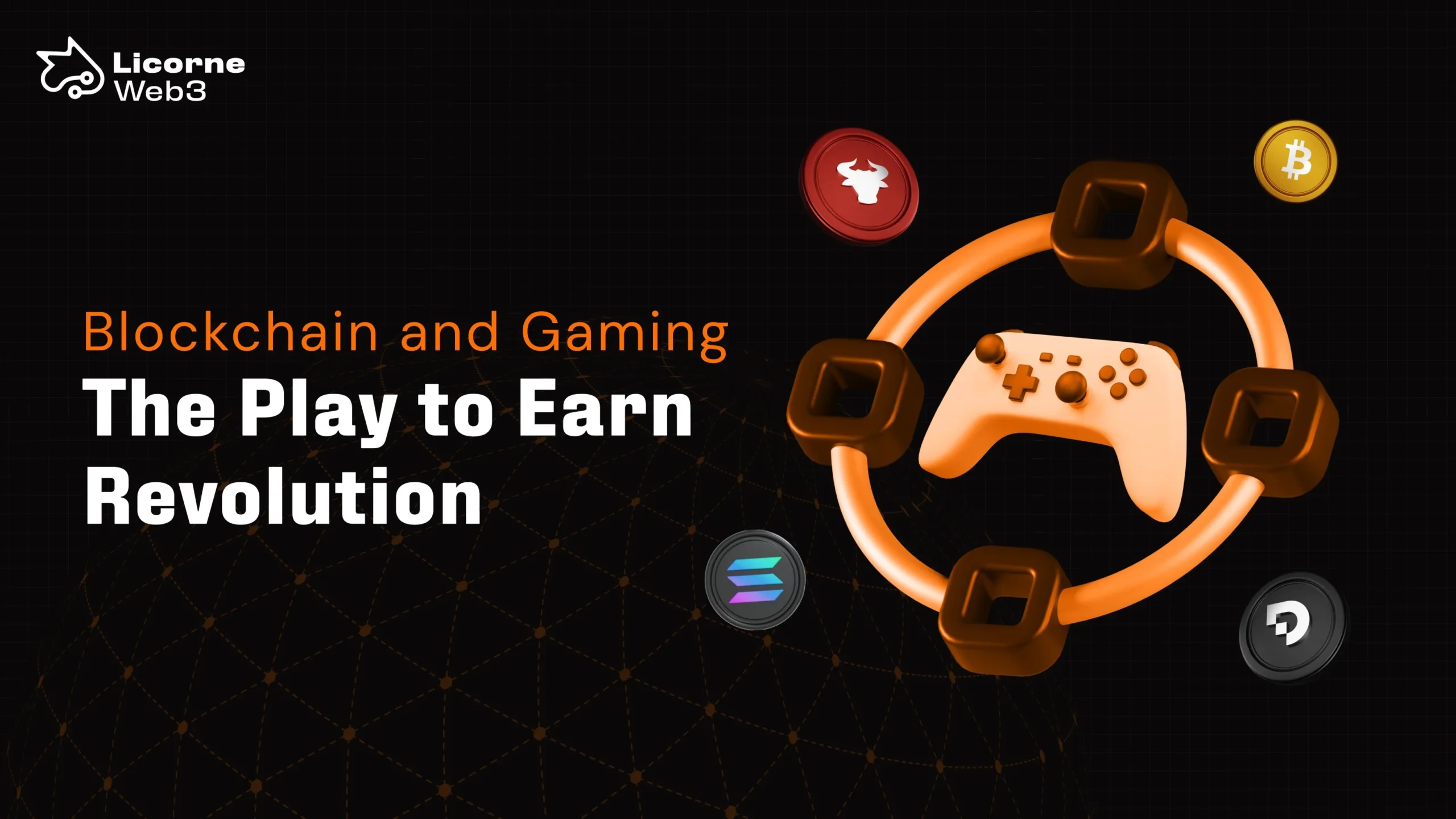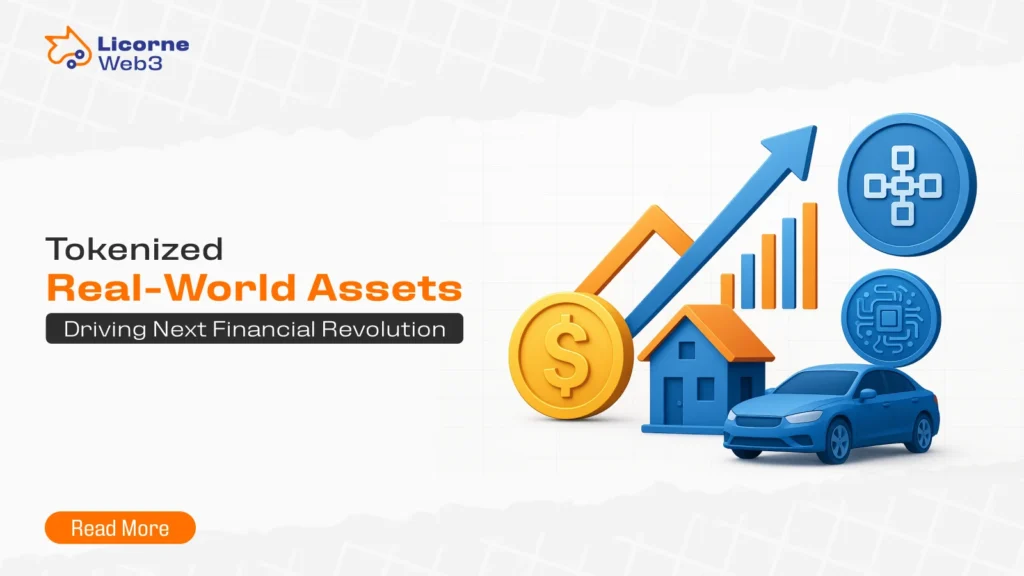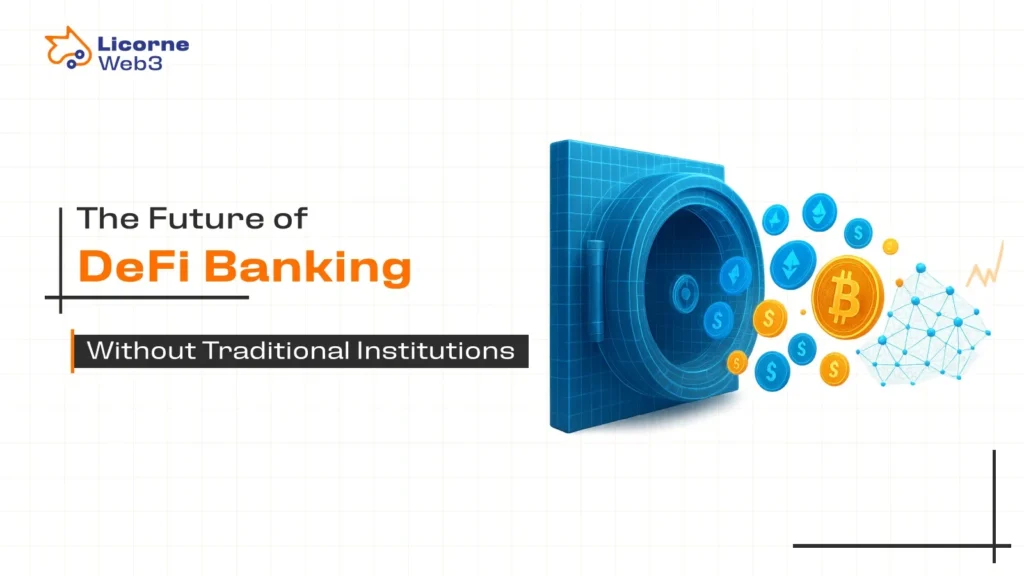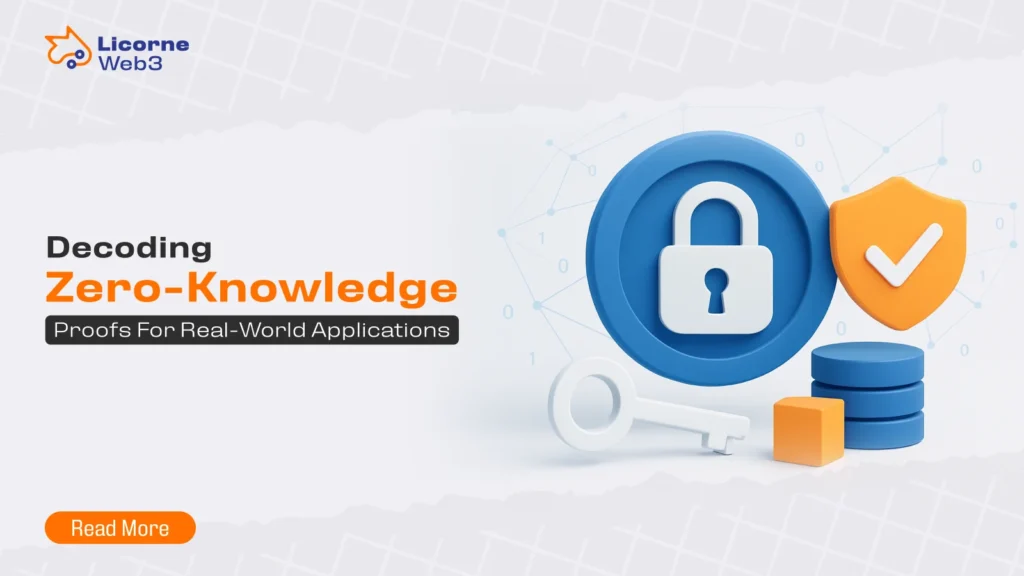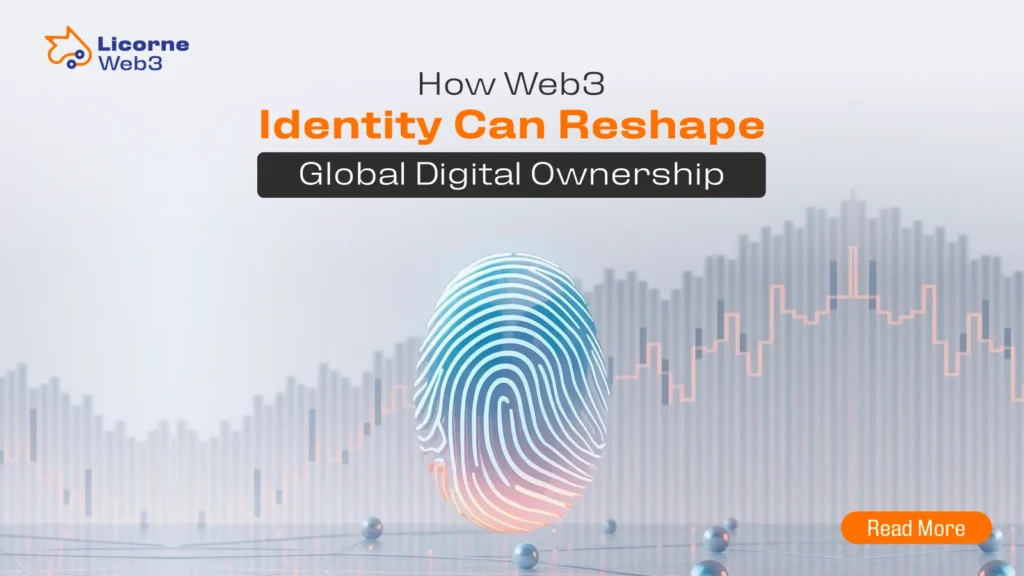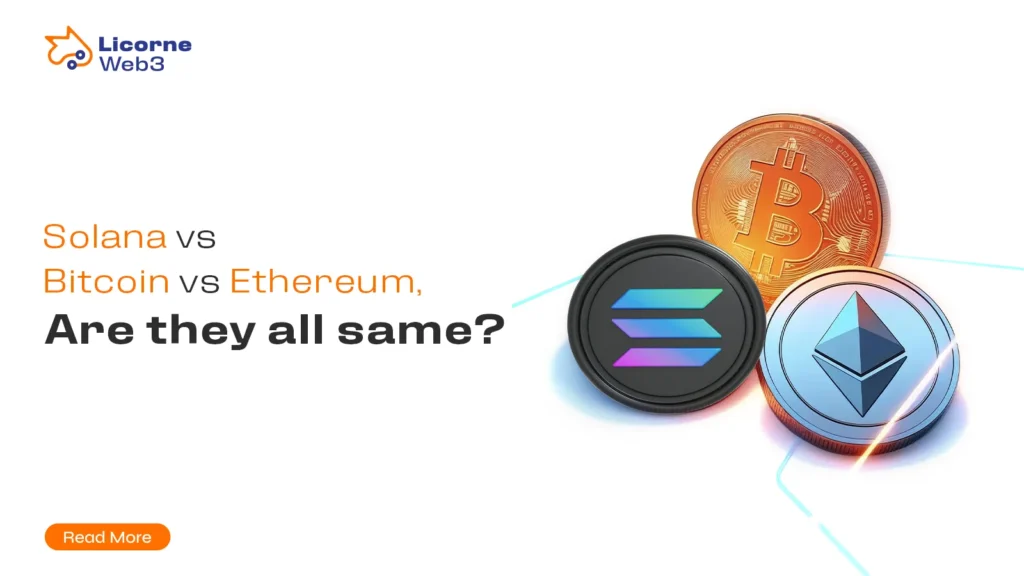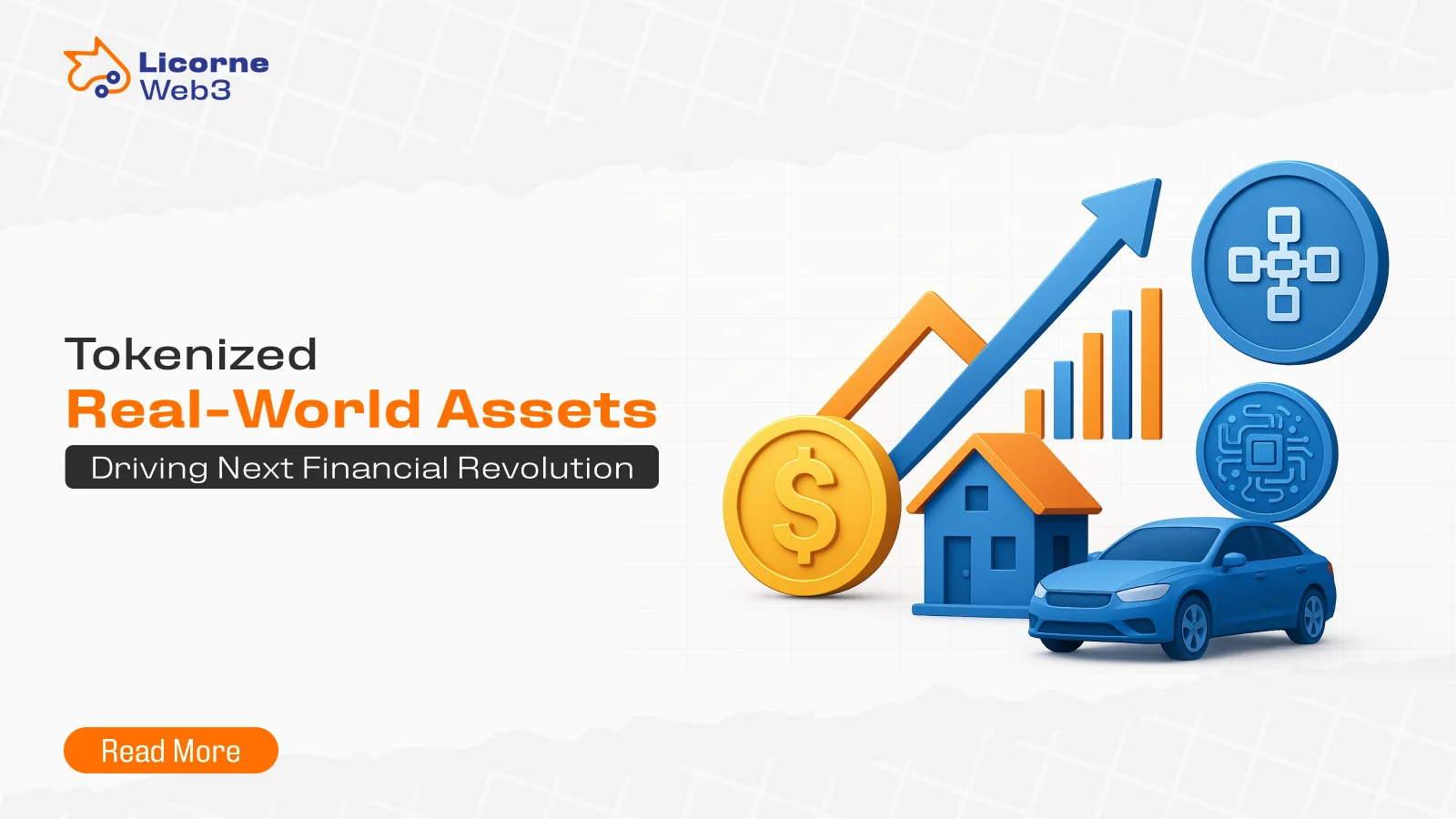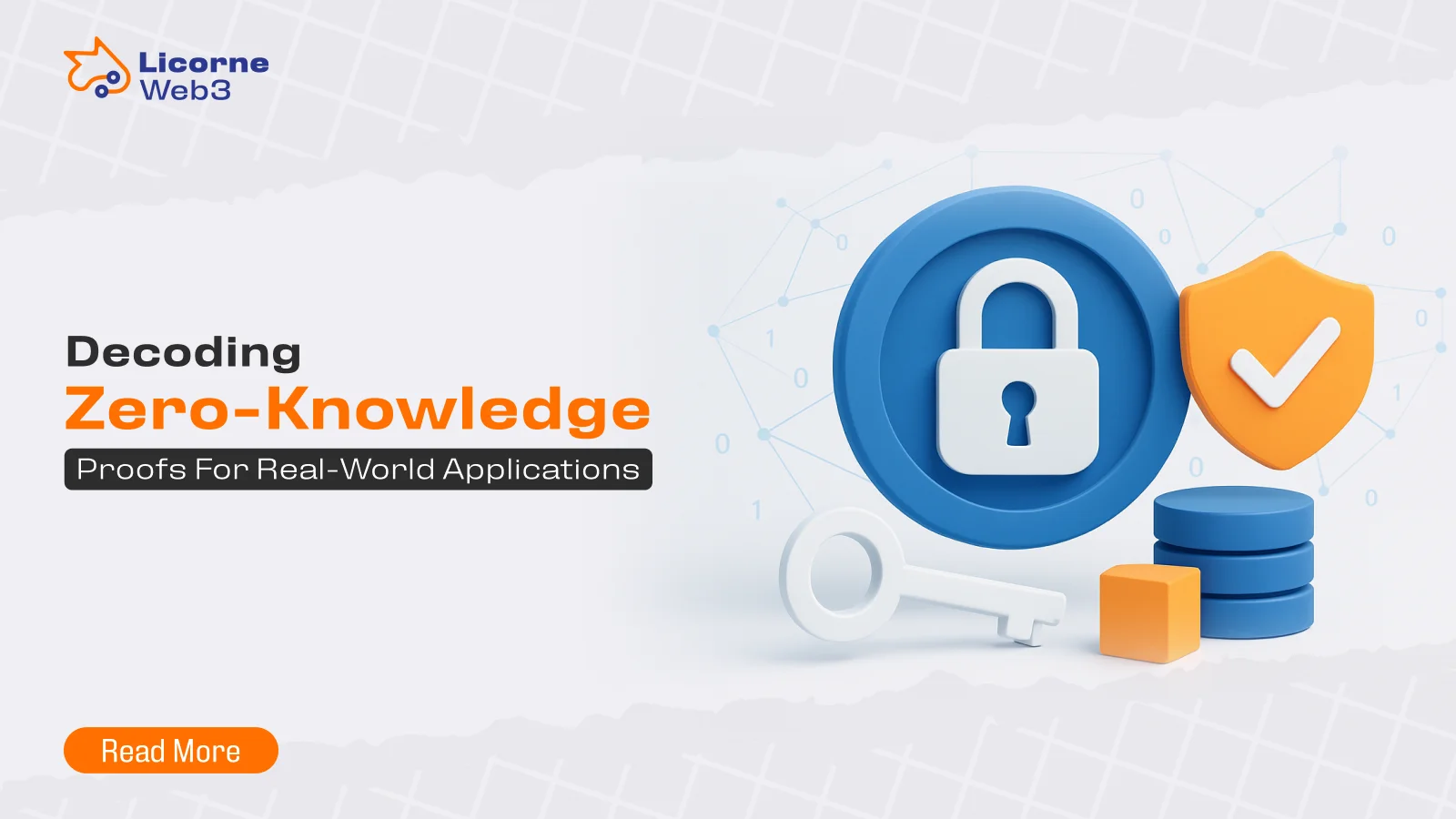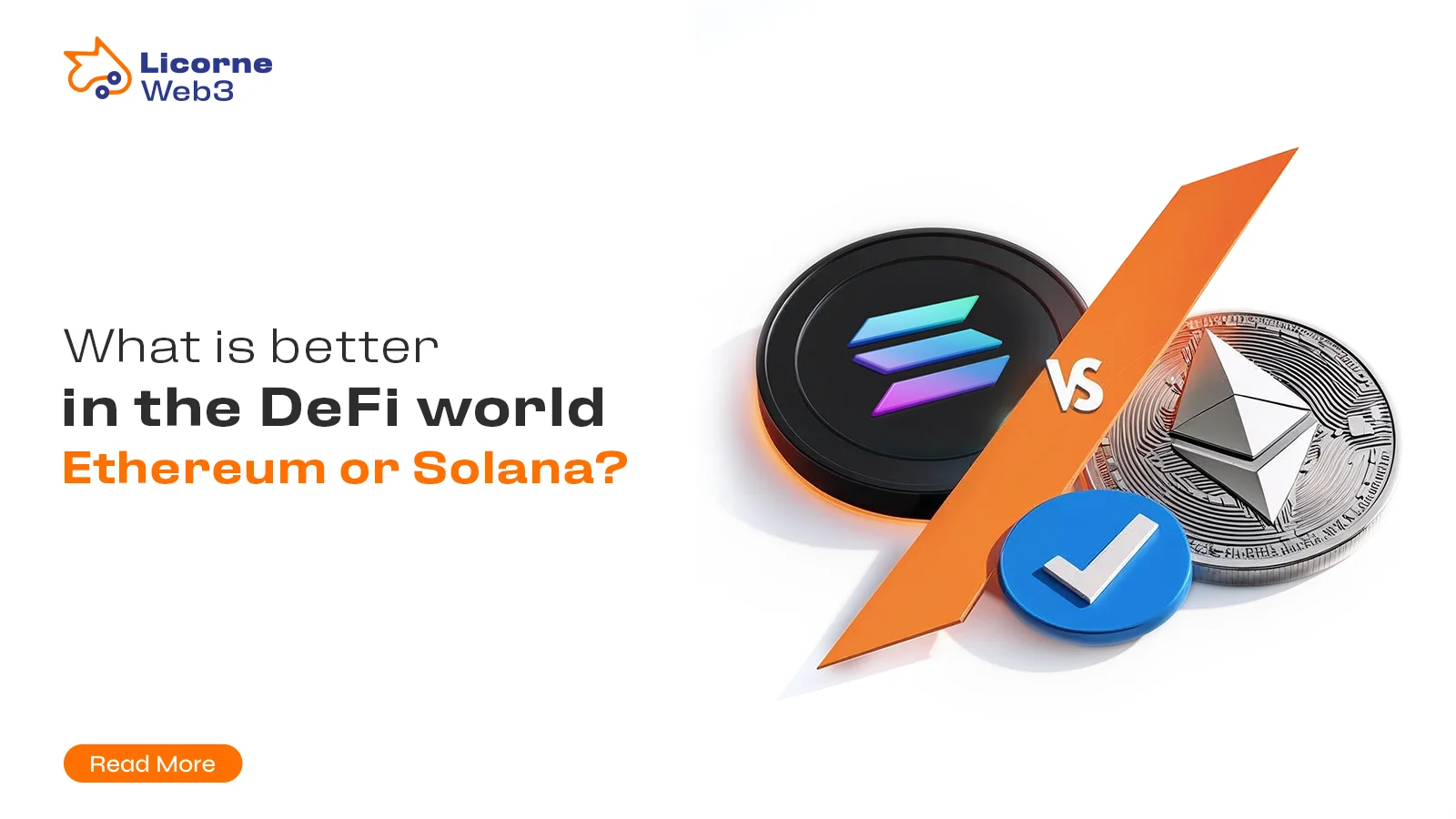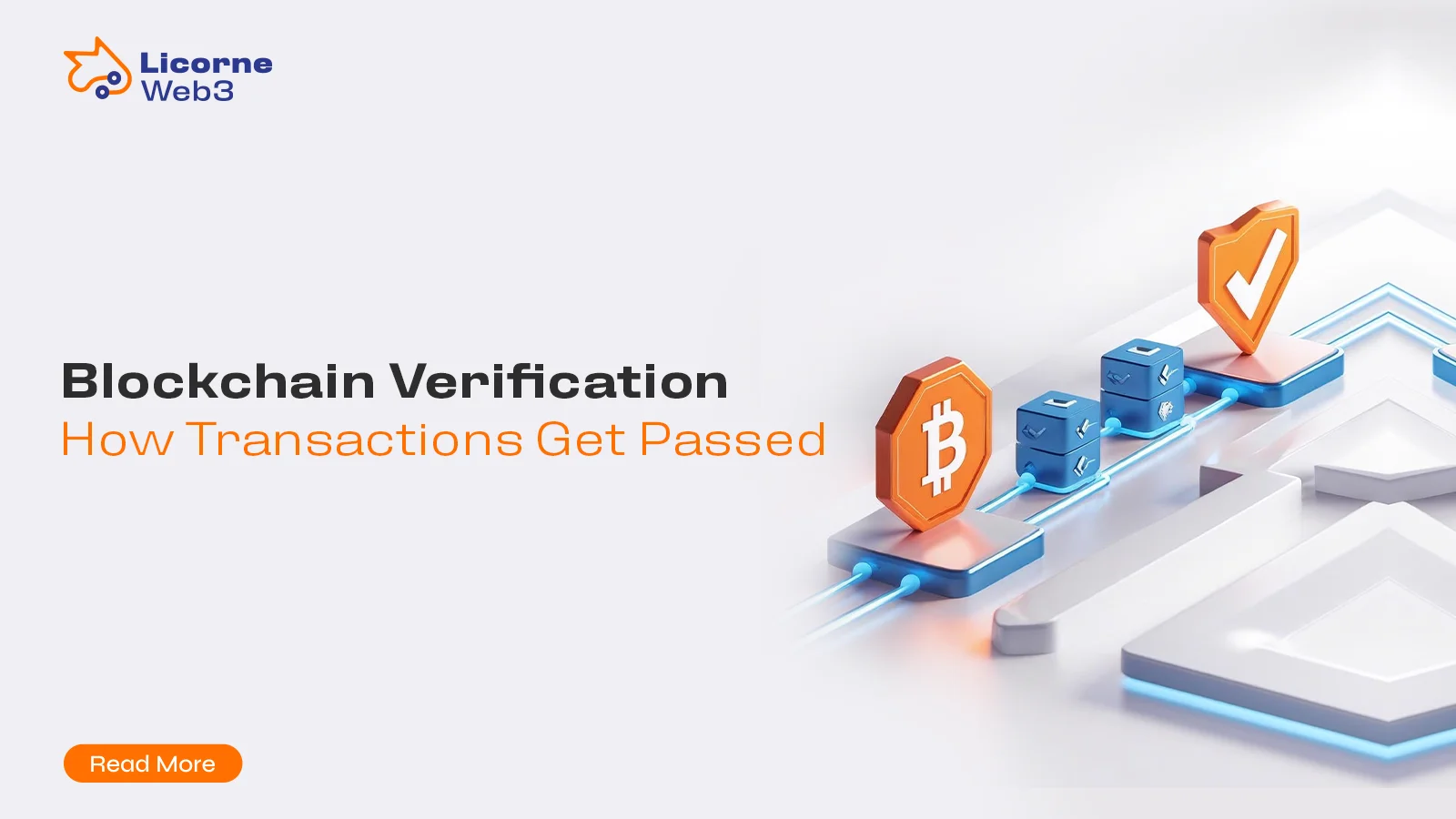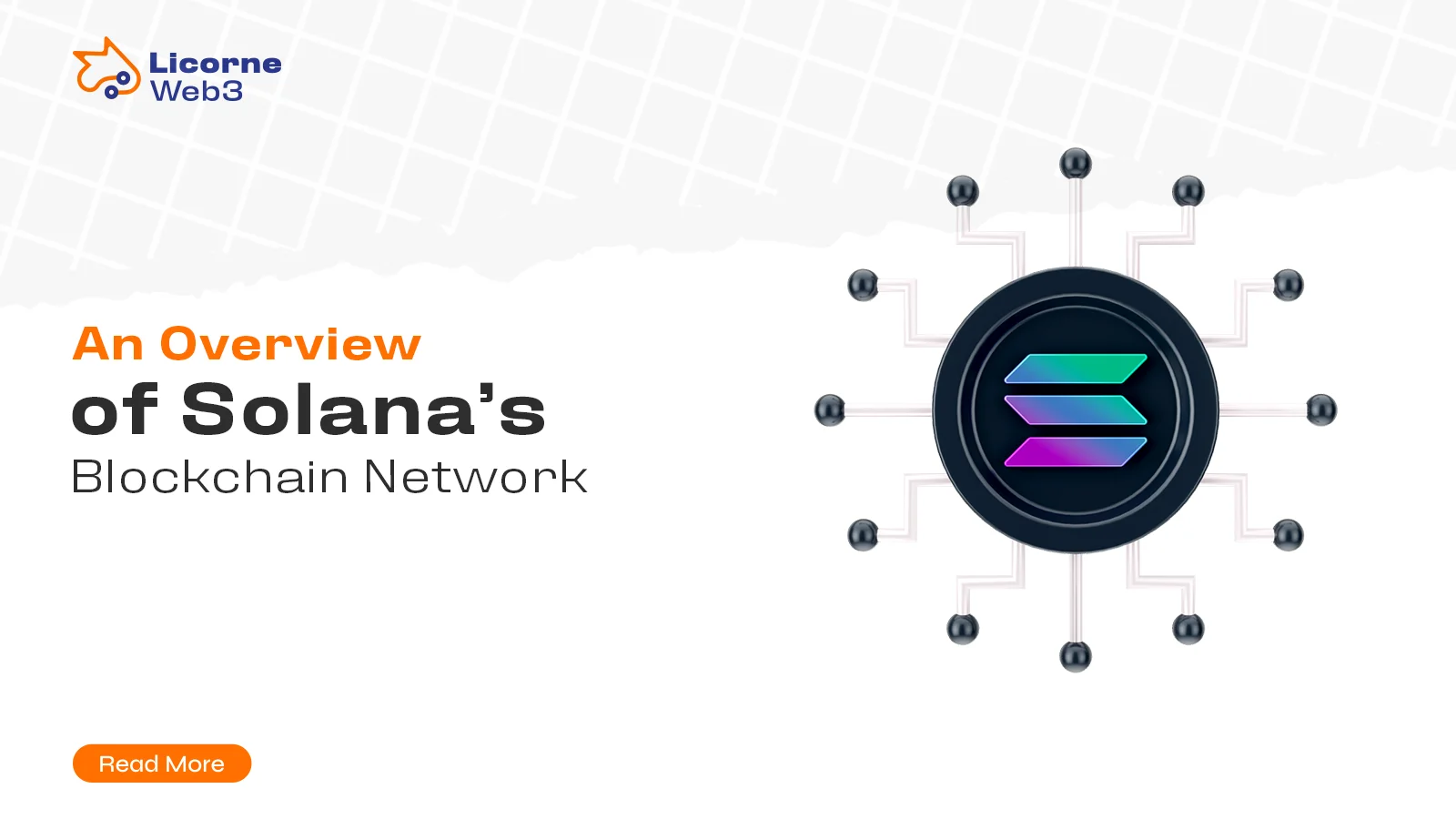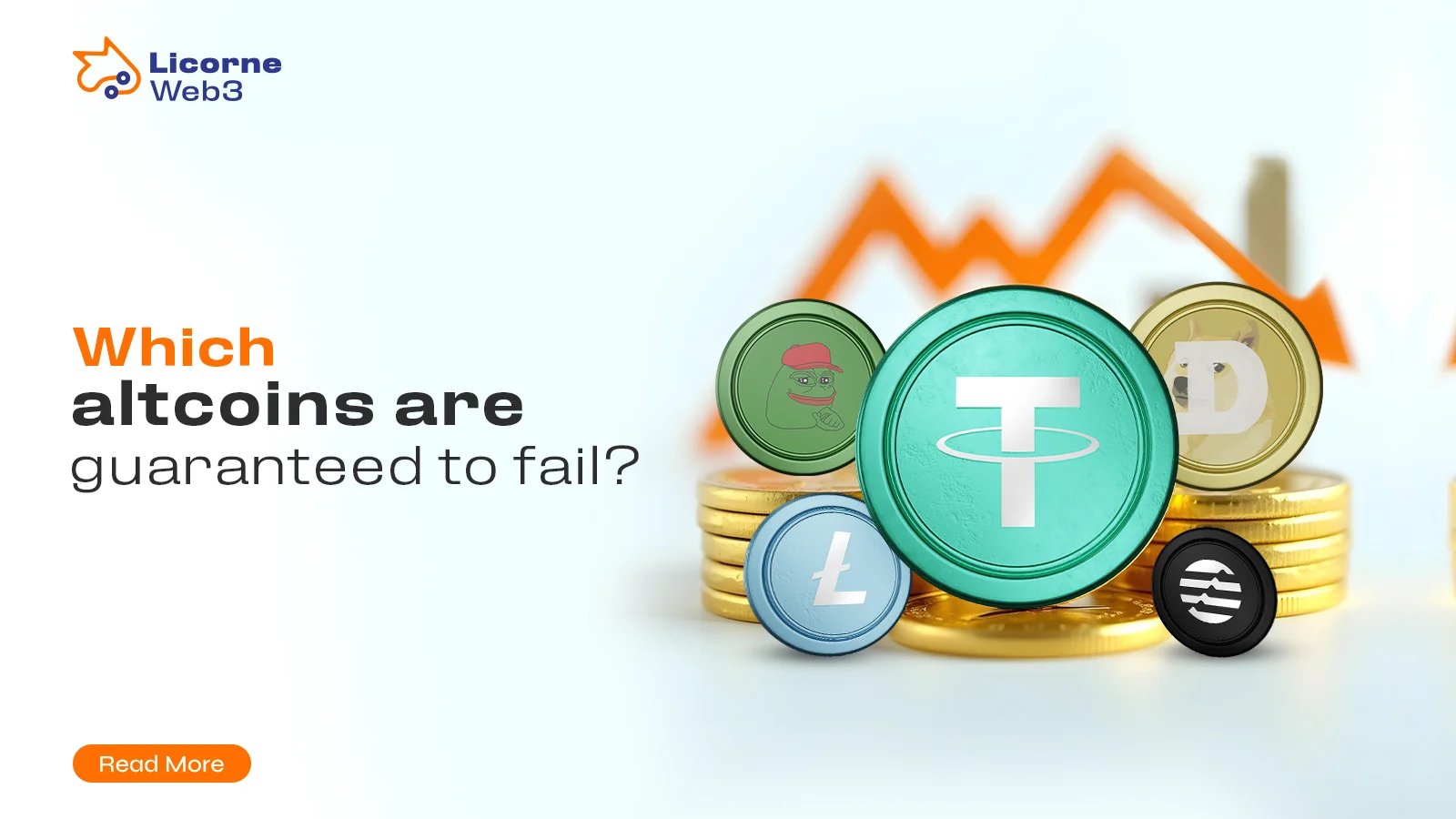The gaming industry already operates under substantial changes following the incorporation of blockchain technology while the play-to-earn (P2E) model stands out as its most noteworthy production. The model provides gamers with an individual system to obtain genuine world prizes from their gameplay which transforms basic gaming financial systems. The P2E model through its player-driven system develops an economy that transforms traditional gameplay behavior.
What Are Play-to-Earn Games?
Within the gaming world, P2E presents an actively developing genre where users can earn profits through playing their favorite games. The gaming sector includes cryptocurrencies and non-fungible tokens (NFTs) that possess greater value than traditional gaming financial assets. Blockchain-based games guarantee ownership of digital assets as transferable, sellable, and usable items across various platforms. This has transformed the gaming industry by converting game achievements into economic opportunities and revenue streams.
People can transform their gameplay skills into revenue which makes game-related earnings possible. The engagement of players leads to expanded game economies while developers get better results from their user interaction strategies.
Understanding the Play-to-Earn Model
At the core, leveraging blockchain, the P2E model provides a transparent, fair, and decentralized platform where users can:
- Earn Digital Assets: The rewards are given as cryptocurrencies or NFTs according to the missions completed, game transactions, smart contracts, or participating in-game events.
- Ownership of In-Game Items: Blockchain ensures that players own their in-game assets and hence gives them the rights to buy, sell, or trade from decentralized marketplaces.
- Interoperability: Besides player acquisitions, blockchain-based assets can often be used across different gaming ecosystems, whereas traditional gaming models cannot.
Popular Play-to-Earn Games
Several blockchain gaming ecosystems exemplify the success of the P2E model, including:
- Decentraland: A virtual economy where users can purchase digital land, design interactive experiences, and earn financial rewards through NFT-based real estate transactions.
- The Sandbox: A metaverse-driven gaming sector where individuals can create, trade, and sell game items within the game economy.
- Gods Unchained: A card-based blockchain game where players own game NFTs and trade them as crypto tokens.
- My Neighbor Alice: A multiplayer blockchain game allowing players to acquire virtual land and monetize their digital experiences through decentralized gaming platforms.
Relationship of Blockchain with Gaming
Blockchain plays a crucial role in reshaping the gaming landscape by introducing:
- Secure Transactions: Ensuring transparency in-game purchases, reducing fraud, and enabling seamless integration of crypto wallets.
- Enhanced Security: Protecting game items, virtual assets, and governance tokens from unauthorized access.
- Innovation in Monetization: Creating new financial opportunities, such as income sources through cryptocurrency, tokenized rewards, and business models based on game marketplaces.
Blockchain integration facilitates governance decisions within blockchain-based games. It strengthens game mechanics and fosters a more engaged gaming community.
How P2E is Revolutionizing the Industry?
The traditional gaming industry relies on centralized servers, where game developers control game asset ownership and game currency. Players spend money with little to no return. The play-to-earn model reverses this system, fostering decentralized economies where players hold actual ownership of their digital assets.
P2E gaming gives players actual asset ownership that strengthens their connection to virtual marketplaces. Play-to-earn mechanics integrated into the transition from traditional games to P2E gaming allow players to earn passive income.
Developers accessing blockchain game ecosystems can sustainably create economies by implementing native tokens alongside governance tokens because of the decentralized system design.
Challenges in the Play-to-Earn Ecosystem
Despite its potential, the P2E model faces hurdles such as:
- Sustainability Issues: Keeping a balance between rewarding players and ensuring a stable economy.
- Regulatory Uncertainties: Governments worldwide are reviewing regulations surrounding cryptocurrencies, NFTs, and digital economy structures.
- Adoption Barriers: High entry costs, complex crypto wallet setups, and technical challenges deter new players.
- Skill Gap: Some blockchain games require a steep learning curve, creating disparities in earning potential among players.
The Role of NFTs in P2E Gaming
Non-fungible tokens (NFTs) are a fundamental part of blockchain gaming, offering unique digital ownership and utility. Their key roles include:
- In-Game Items: Tokenized weapons, skins, characters, and collectibles, ensuring verifiable ownership.
- Game Marketplaces: Enabling transactions on external marketplaces and secondary markets.
- Scarcity and Value: Limited edition NFTs drive demand, boosting the value of virtual items.
Game NFTs allow for continuous revenue streams and economic empowerment within blockchain game development companies.
The Future of Play-to-Earn
The future of blockchain gaming lies in innovation and the evolving play-to-earn business model. Some expected trends include:
- Integration with the Metaverse: Virtual worlds will further merge gaming with decentralized technologies, allowing seamless interaction between interconnected gaming experiences.
- Lower Barriers to Entry: More inclusive platforms will reduce the initial investment required to participate in P2E gaming.
- Enhanced Player Engagement: Improved blockchain platforms will offer immersive experiences, increasing interactive engagement.
- Collaboration with Major Gaming Companies: Traditional gaming studios are exploring blockchain integration, pushing decentralized gaming platforms into the mainstream.
Major players in the blockchain space are building solutions to address scalability issues using Layer-2 scaling solutions and decentralized autonomous organizations.
Conclusion
The play-to-earn model functions as an entirely new business structure in the entertainment world. The approach makes strong communities possible while generating financial value which transforms how the gaming sector looks. Through blockchain-based gaming models standard gaming systems grant real-world payments through cryptocurrency systems as well as secure monetary transfers and economies run by players.
The development of blockchain gaming business models will drive the entertainment industry to accept modern technological advancements which improve digital ownership together with governance decision capabilities. The implementation of decentralized networks in gaming economies creates a forthcoming climate of equal game enjoyment that provides genuine value to all participants.
The time has come to join the development of gaming industry toward the future. The exciting play-to-earn games are accessible for you to join this transformative movement now.
Author
-

I am a content writer with a passion for creating engaging content. I aim to simplify complex topics for readers through writing. With a keen interest in blockchain and crypto, I strive to foster understanding and empower readers to explore new ideas!
View all posts


